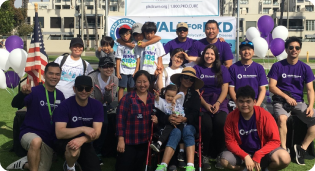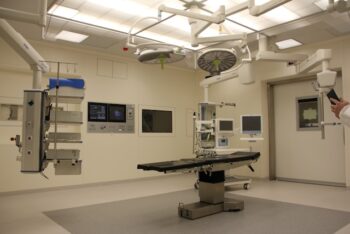resources
Why Did the FALCON Clinical Trial End?
25 May 2023

Published on May 23, 2023 | On May 10, the ongoing FALCON clinical trial was terminated early. FALCON is a Phase 3 clinical study evaluating the effectiveness and safety of bardoxolone methyl (an oral investigational drug) in patients with ADPKD. The study aimed for 850 participants to be studied for two years. But why was the study terminated early?
The FALCON Clinical Trial Precursor: AYAME
AYAME was also a Phase 3, multi-center, randomized, double-blind, placebo-controlled trial to evaluate the efficacy and safety of bardoxolone. However, this clinical trial studied patients with diabetic kidney disease. Over three to four years, 1,013 patients were treated with 5 to 15 mg of bardoxolone or a placebo.
AYAME Study Objectives
Primarily, the endpoint of the study was time to onset of a ≥ 30% decrease in estimated Glomerular Filtration Rate (eGFR) from baseline or onset of end-stage kidney disease (ESKD). Secondly, was time to onset of a > 40% decrease in eGFR from baseline or onset of ESKD.
In May 2023, Reata Pharmaceuticals’ strategic collaborator, Kyowa Kirin Co., announced results from the AYAME study after meeting it’s primary and secondary endpoints. Despite reaching those endpoints, it resulted in no separation in the occurrence of ESKD events between the two study groups. It didn’t appear that the drug impacted the timing of ESKD onset or time to the set decrease in eGFR.
How AYAME Results Impacted FALCON Clinical Trial
In the AYAME study, there was no imbalance in adverse events and no significant safety issues were identified in patients receiving bardoxolone. Similarly, no safety issues were identified by the Data Monitoring Committee (DMC) as of February 2023 in the FALCON clinical trial.
However, based on the AYAME results and lack of evidence that the bardoxolone-treated groups saw a difference from the placebo groups, Reata and Kyowa Kirin decided to discontinue the clinical development of bardoxolone.

“From a patient perspective, it’s important to remember that the trial was stopped because it failed to meet a pre-specified endpoint, not because of safety concerns. In our experience, ADPKD patients tolerated the medication well. We hope that some of these patients will consider participating in other trials in the future, as we believe there are many potentially interesting therapies on the horizon.”
—Neera Dahl, M.D., Ph.D, Adjunct Professor of Medicine, Yale University
Thank you to all the investigators, clinical site staff, patients, families, and patient advocacy organizations for their tremendous efforts and participation in Reata’s clinical trial development. And thank you for your contribution toward the advancement of chronic kidney disease research.
What Can We Do Now?
Though this isn’t the result we were hoping for, there are many ongoing studies in PKD. By participating, you can help investigators determine whether another drug might positively impact PKD. Find ongoing clinical trials in your area through our Act Alert program. Check out all ongoing clinical trials for PKD here.
Related Resources
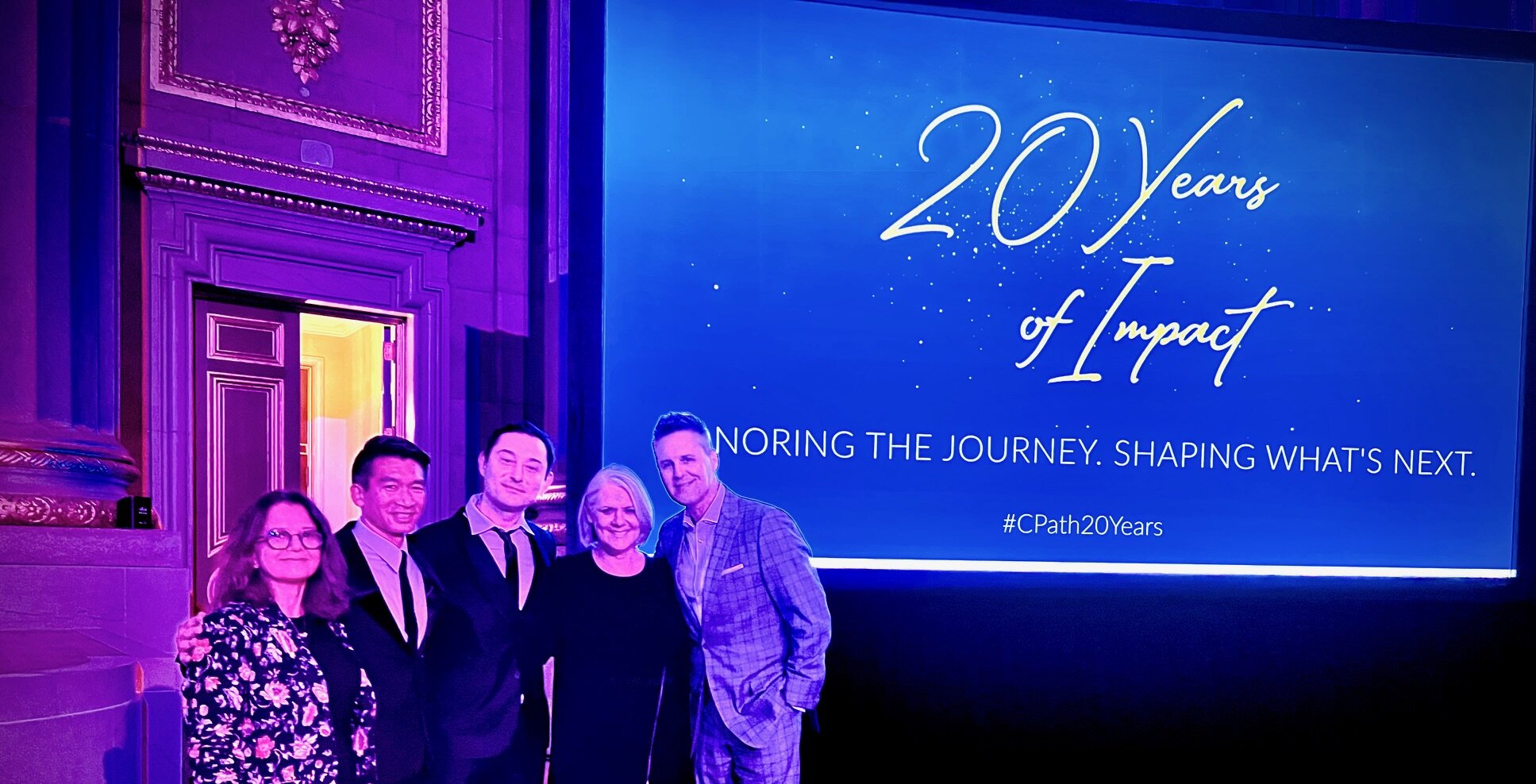
- Advocacy
- Clinical Trials
- Conference
- Drug Therapy and Treatments
- PKD News
- Research
- TKV
- Total kidney volume
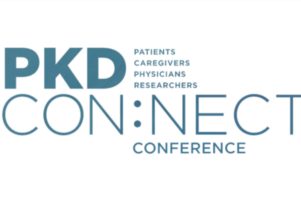
- 2023
- ADPKD
- PKD
- PKDCON
- Research
- Webinar

- 2023
- ADPKD
- Diet
- Nutrition
- PKDCON
- Research
- Webinar

- 2023
- ADPKD
- Diet
- Nutrition
- PKDCON
- Research
- Webinar
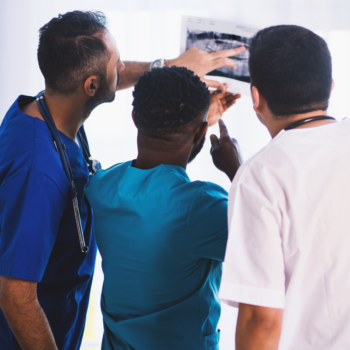
- ADPKD
- Centers of Excellence
- Education
- Healthcare Team
- Nephrologist
- PKD News
- PKD Parents
- Research

- 2022
- ADPKD
- ARPKD
- Caregivers
- Complications
- Education
- Living with PKD
- Newly Diagnosed
- Research
- Symptoms
- The Basics of PKD
- Webinar



